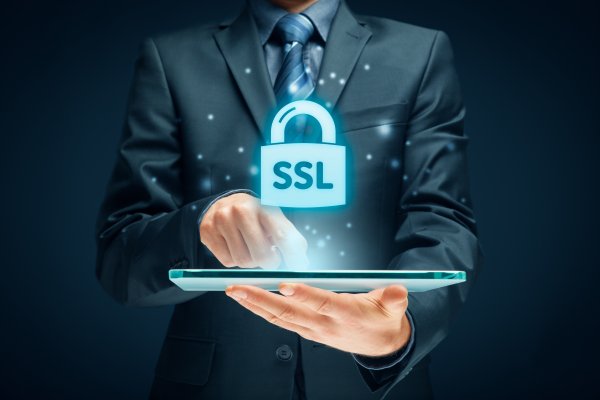The 2020 Covid19 pandemic brings about the highest unemployment rate in history throughout the world. Those who are lucky enough to hold on to their job now find themselves having to work from home. Although it's quite effective in combating the spread of the disease, working from home certainly has its own challenges.
One of them is the difficulty in accessing the office's intranet portal. Fortunately, this kind of problem is not unique to this decade. The '90s have seen the rise of people who has to work away from the main office and they need a secure way to access the sensitive data from the company's database.
The solution they came up with is the SSL VPN. A solution that is still implemented and relevant even to this day. So, what is an SSL VPN?
SSL VPN is an abbreviation of Secure Sockets Layer Virtual Private Network. A VPN works by creating a tunnel between the client and the server which makes the connection between the two completely private and anonymous.
But those privacy doesn't necessarily mean you are secured from those who want to look into your data. SSL is one of the answers to that problem. SSL provides end-to-end encryption between the devices connected to the internet and the server.
For the corporate world, this is a huge achievement in terms of privacy and security. With an SSL VPN, now employees could access the company's intranet portal from anywhere in the world as if they are sitting in the main office.
And they also could transfer the company's sensitive data without having to worry about it being accessed by unknown third party hackers. This does not mean a total security has been achieved, but it was still a very secure way to utilize the remote access.
- Availability. An SSL VPN uses a Transport Layer Security (TLS) protocol that available in every modern browser to connect to a remote server privately and securely. That means that SSL VPN doesn't require a unique client to run its function. All you need is a decent browser and you're all set.
- Ease-of-use. Because of its TLS nature that allowed the use of any type of modern browser, companies don't have to spend money on creating a specialized client for every operating system. The users themselves can quickly set up and utilize the SSL VPN on any devices they have on hand.
- Greater administrator options. For the administrators, SSL VPN allowed remote access to a specific application instead of the whole corporate network. This means that the administrator could choose to restrict each user so that they are only authorized to access a specific application assigned to them.
- Potential malware infection. The most potential risk with SSL VPN comes from the user's side. If, for example, the users forget to update their antivirus, the malware in their devices could safely travel to the company servers and wreak havoc there.
- Unwanted access through remote users. The company servers are certainly equipped with the appropriate security but if a hacker managed to get access into the user's system, then they also gain an easy way to infiltrate the servers via the SSL VPN connection from the remote device.
- The risk with publicly available computers. These risks from the user's side also makes it highly unsafe to use the SSL VPN from a publicly available computer such as the ones in the libraries or internet cafes. There's no guarantee on the security of those types of computers and it is entirely possible that it could compromise the integrity of the servers.
An SSL VPN is a safe and relatively easy way to remotely access your company's intranet portal. Setting up an SSL VPN is not that hard and doesn't require extensive IT knowledge at all.
But if you still feel uncomfortable with setting it up yourself then you can simply use the OpenVPN protocol that is available on most VPN services out there. OpenVPN is a modern and optimized version of the SSL protocol.
Its open-source nature also means that the IT communities around the world actively examine it for any potential risk and improve it with better features and security.





